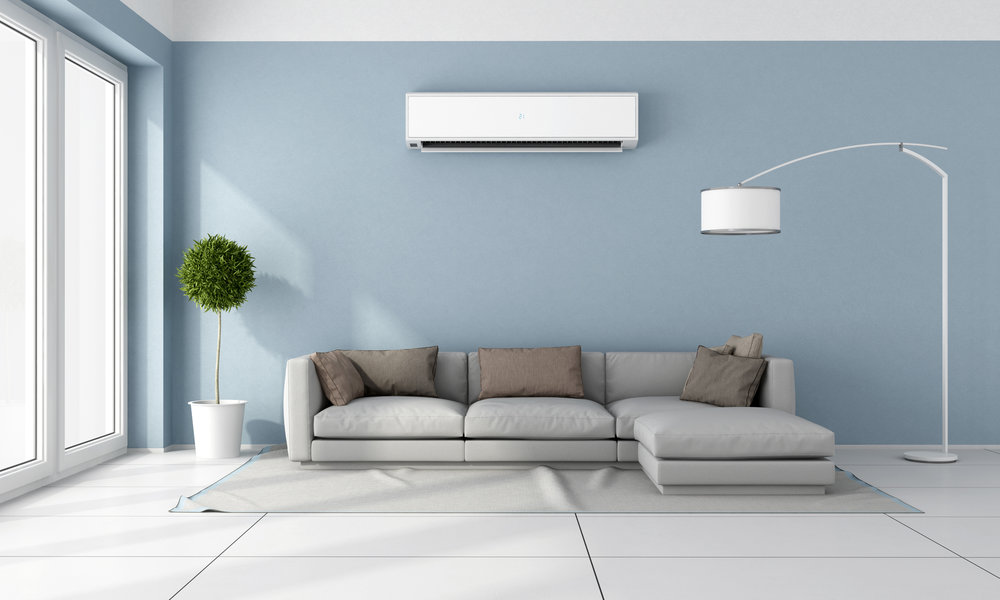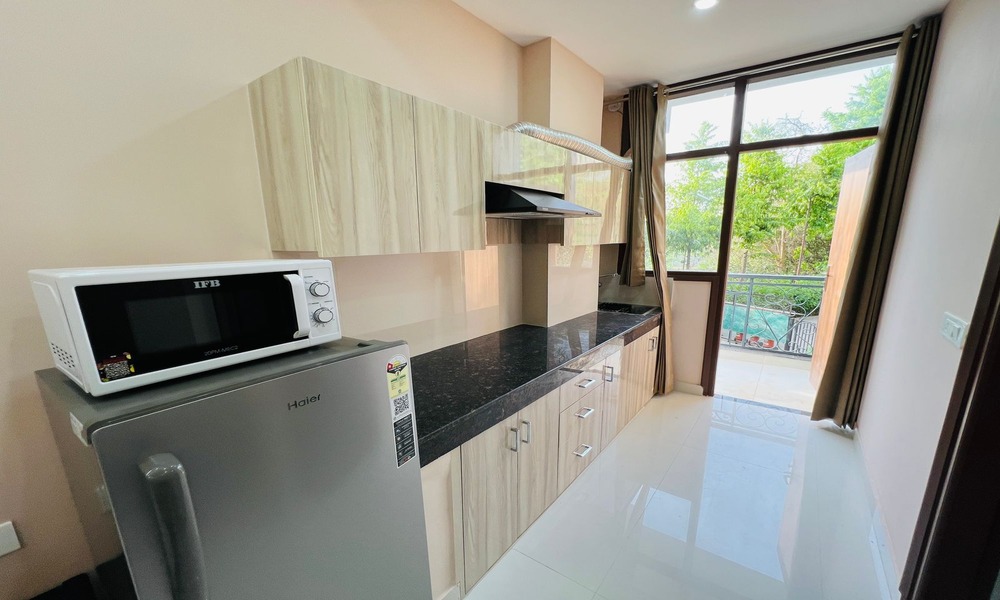If your AC suddenly stops responding or struggles to keep up, there’s a good chance the electrical contactor might be the culprit. This small but vital component is responsible for switching the electrical current that powers your system on and off.
When it fails, your air conditioner can’t run the way it should. In high-demand homes, where AC systems work harder than average, contactor issues are even more common.
So, how does AC repair fix this problem and keep your home cool? Let’s understand.
Diagnosing Contactor Problems
The first step in solving contactor issues is proper diagnosis. Technicians typically use a multimeter to test the contactor coil. If the reading shows “OL” (open line), the coil has burned out and needs replacement.
Alongside testing, a visual inspection is performed to spot worn parts, dirt buildup, or mechanical obstructions. Identifying these early signs ensures the repair process tackles the root problem, not just the symptoms.
Repair Solutions Technicians Use
Once the issue is found, AC repair experts use several methods to restore proper function:
- Coil replacement: If the coil is damaged, a new one is installed to get the system running again.
- Mechanical repair: For stuck or jammed contactors, technicians clear blockages, lubricate moving parts, or replace worn components.
- Connection cleaning: Loose or dirty electrical connections can cause the contactor to malfunction. Cleaning and tightening terminals helps restore strong electrical flow.
- Surge protection: In homes with high electrical demand, technicians may install surge protectors to stabilize voltage and prevent constant chattering or premature failure.
Why High-Demand Homes Face More Issues
Not all homes place the same strain on AC systems. Larger homes, or homes with multiple people relying heavily on cooling, naturally increase electrical demand. This puts extra pressure on the contactor, raising the chances of burnout.
On top of that, voltage fluctuations can make the contactor chatter or fail entirely. In these cases, technicians make sure the contactor is properly sized to handle the load, which prevents future breakdowns and keeps cooling efficient.
Final Thoughts
Your AC’s electrical contactor may be small, but it has a big job in keeping your system reliable. With professional AC repair, issues like faulty coils, stuck parts, or power fluctuations can be fixed before they lead to major failures.
If your system has been struggling, it may be time to have your contactor inspected and repaired by a trusted professional.




